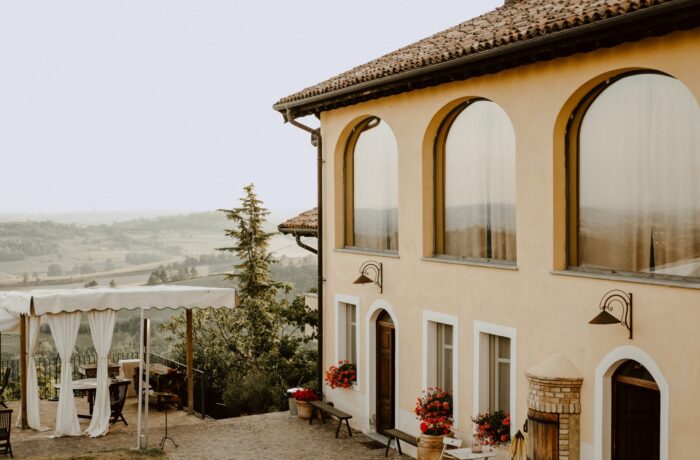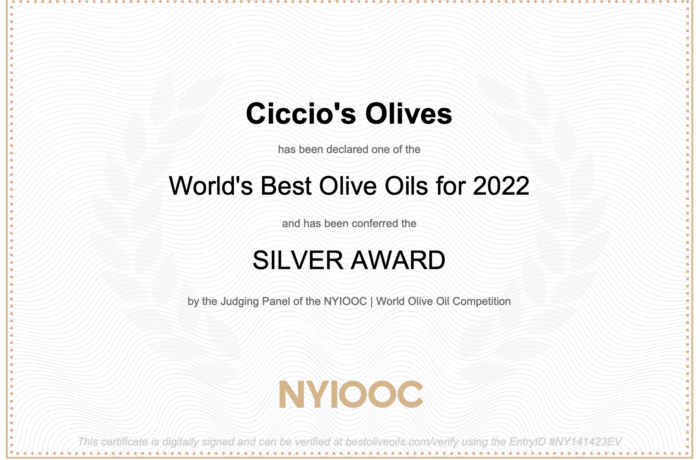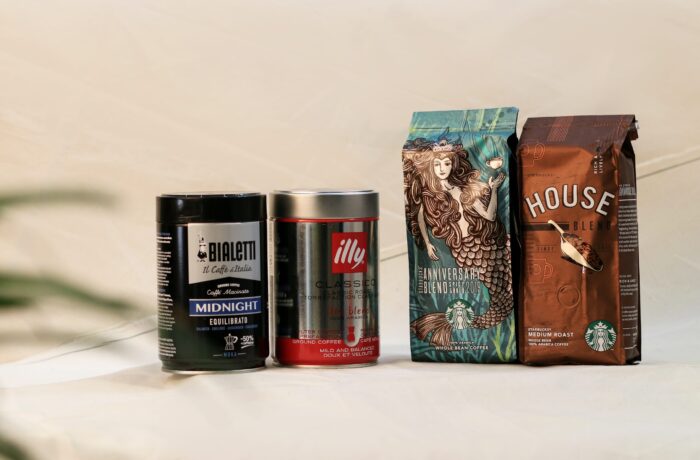Dirty Talk: All About Filtered & Unfiltered Extra Virgin Olive Oil
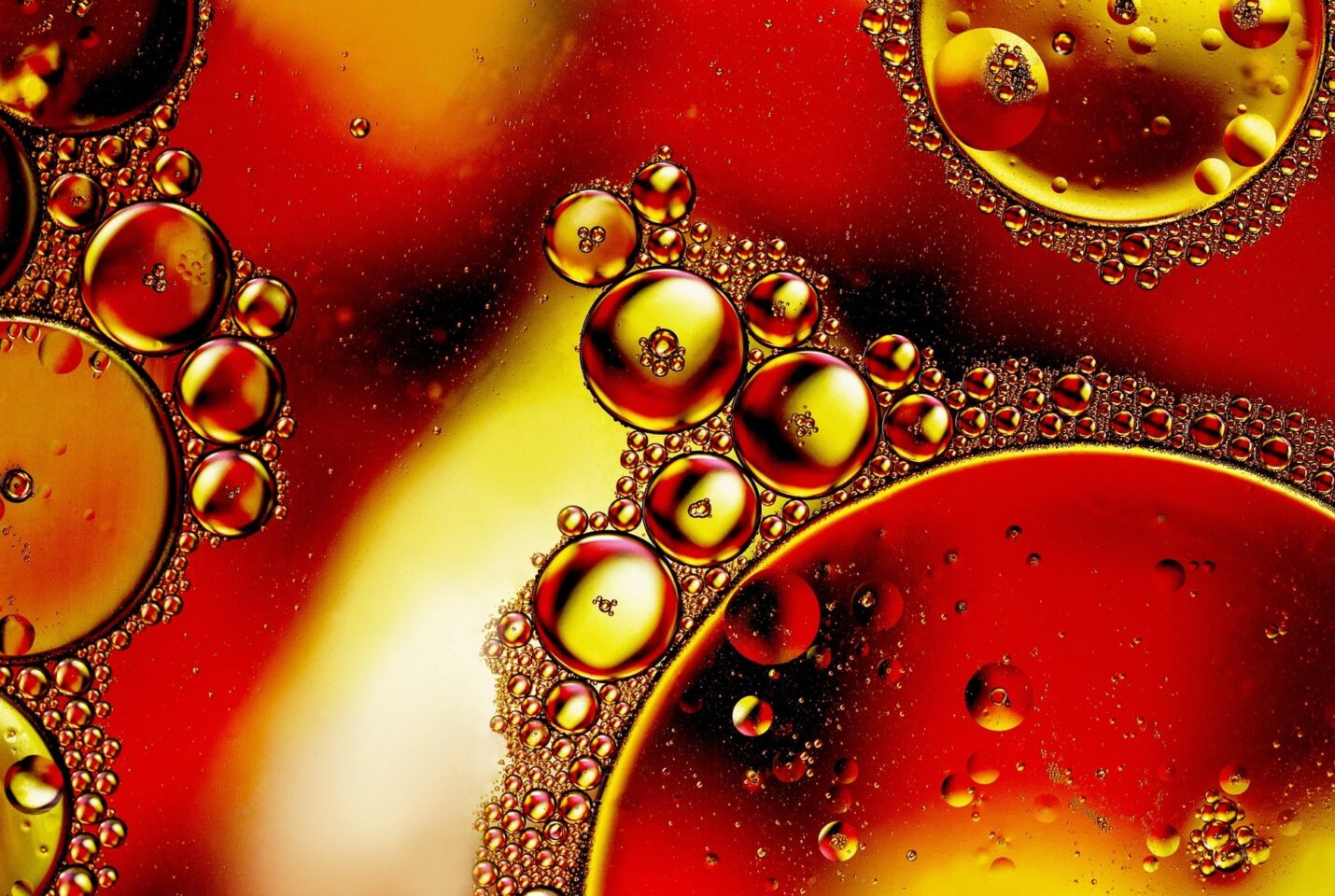
You’ll hear voices from across each end of the spectrum on if olive oil should be filtered or unfiltered, what flavors or properties distinguish one from the other, and what effect each practice has on extra virgin olive oil. Does one method better protect the antioxidants? Does the other increase shelf life?
With the loudest voices calling for absolute extra virgin olive oil filtration, let’s ask this question: Is it even acceptable to say that extra virgin olive oil must always be filtered to be top quality?
The answer is a resounding NO. In fact, the contrary is often true. Then again, small producers like Ciccio Pugliano always knew that.
Continue reading for the research.
Filtered Versus Unfiltered Extra Virgin Olive Oil
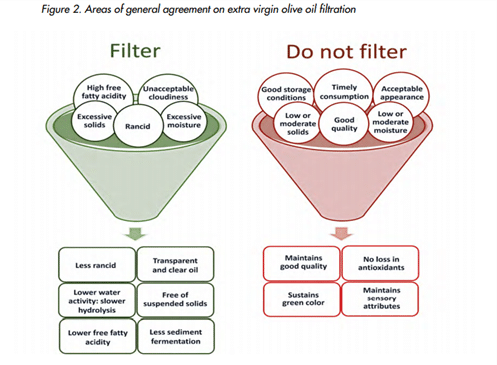
Source: UC Davis
The UC Davis Olive Center is a top authority on extra virgin olive oil through their research and education. Their report Filter or Not? A Review of the Influence of Filtration on Extra Virgin Olive Oil, very clearly states the following: “Filtration removes suspended solids and moisture in olive oil before storage and can produce positive, negative or neutral effects on the parameters of stability, phenolics, volatiles, sensory, appearance, pigments and shelf life.” The review goes on to say that the impact of filtration is different for each and every oil, and so there is no easy answer of what is “best”.
So if there is no ‘best’, why is ‘best’ most often touted as filtered? Well, that’s simple: see the diagram above. Filtering makes the liquid more clear and perfect-looking, it makes it devoid of any particles or sediment, and it extends the highly-prized “shelf life”. It can also help lower the free fatty acid level (a low FFA level indicates higher quality extra virgin olive oil). Yet interestingly enough, UC Davis reports that filtered olive oil seems to have less oxidative stability than unfiltered olive oil. Filtering olive oil can also diminish the flavor profile of an oil such as its fruitiness and change the color to be less green. Finally, it also lowers the total phenolic content.
So is it fair to say that filtering could take a so-so olive oil and make it into golden goodness? Yes.
Is it also fair to say that a top-quality olive oil could stay as such without the need to filter to enhance any of its properties or qualities? Also yes. I’d pick the latter over the former any day.
What’s the absolute best way to ensure quality? “Extra virgin olive oil quality can be safeguarded by using proper packaging, ideal storage conditions (cool and dark), and having an accurate best before date” (Hindawi Journal of Food Quality).
What are Phenols as Related to Extra Virgin Olive Oil?
Phenols are those naturally-occurring compounds that are incredible to combat many illnesses including various cancers, Alzheimer’s, leukemia, heart disease, and numerous anti-inflammatory diseases.
“Phenols possess high antioxidant and anti-inflammatory properties; the applauded healthy ‘Mediterranean Diet’ is essentially a high-phenolic one.”
The three major ones present in extra virgin olive oil and being increasingly-studied for their health benefits are Oleocanthol, Hydroxytyrosol, and Tyrosol. Coupled with the monounsaturated fatty acids present in olive oil (most notably oleic acid), consuming large amounts of authentic and top-quality extra virgin olive oil is one of the best things you can do for your health. There’s good reason that extra virgin olive oil is dubbed, “the healthiest fat on earth.”
Why We Choose Not to Filter our Extra Virgin Olive Oil
At Ciccio’s Olives, we choose not to filter our olive oil. Why?
- We believe that unfiltered oil best retains the flavor integrity and nuances of the Carolea olives.
- We believe that unfiltered oil best protects the healthy benefits and compounds intrinsic to olive oil.
- We know our olive oil’s free fatty acid (FFA) level to be inherently low from laboratory testing, which is a byproduct of how we carefully cultivate and produce our olive oil.
- We don’t need our olive oil’s shelf life to outlive what it naturally should be. Our family consumes our olive oil well over a year after it’s pressed, and with an annual fresh harvest, we aren’t concerned with processes that will prolong shelf life.
- We follow our family traditions. Ciccio Pugliano never filtered his olive oil, and he doesn’t plan on doing so now.
Let’s Chat Sediment: Taking the Good with the Ugly
Sediment is the fruit particles that comes from the milling of the olives, sometimes present in unfiltered and unracked/unpumped extra virgin olive oil. Think of it as pulp in orange juice; consumers can choose to buy pulp-free orange juice instead of pulp-present juice, but the truth is, there was always pulp! It’s just that one more step had to be added to make the juice non-pulp before bottling it.
Olive oil is the same way. We harvested and bottled our 2020 olive oil in a short time frame in order to present consumers with the freshest extra virgin olive oil they may have ever tasted. This means that the time we could have let it sit, utilizing gravity to separate any fruit particles out of the oil, and then pumping the oil into a new vat before bottling it, was forgone in effort to bring it to consumers fresh from the tree.
Our entire current selection of Harvest 2020 extra virgin olive oil is this oil, bottled right after harvesting, that might showcase some sediment in it as time goes on. The product we import immediately after harvest will always have these traits – settlement is normal with fresh bottling. By doing this, we preserve the fruitiness of the product but might experience particles settling at the bottom, which may slightly decrease shelf life (don’t save any of our oil for years, folks. We’re talking, some changed flavor characteristics might be noticeable at some point in time). We take the good with the ugly in fresh-pressed and quickly bottled, unfiltered extra virgin olive oil. Once sediment is seen, it can be either used, tossed, or filtered out from the rest of the olive oil. Your choice!
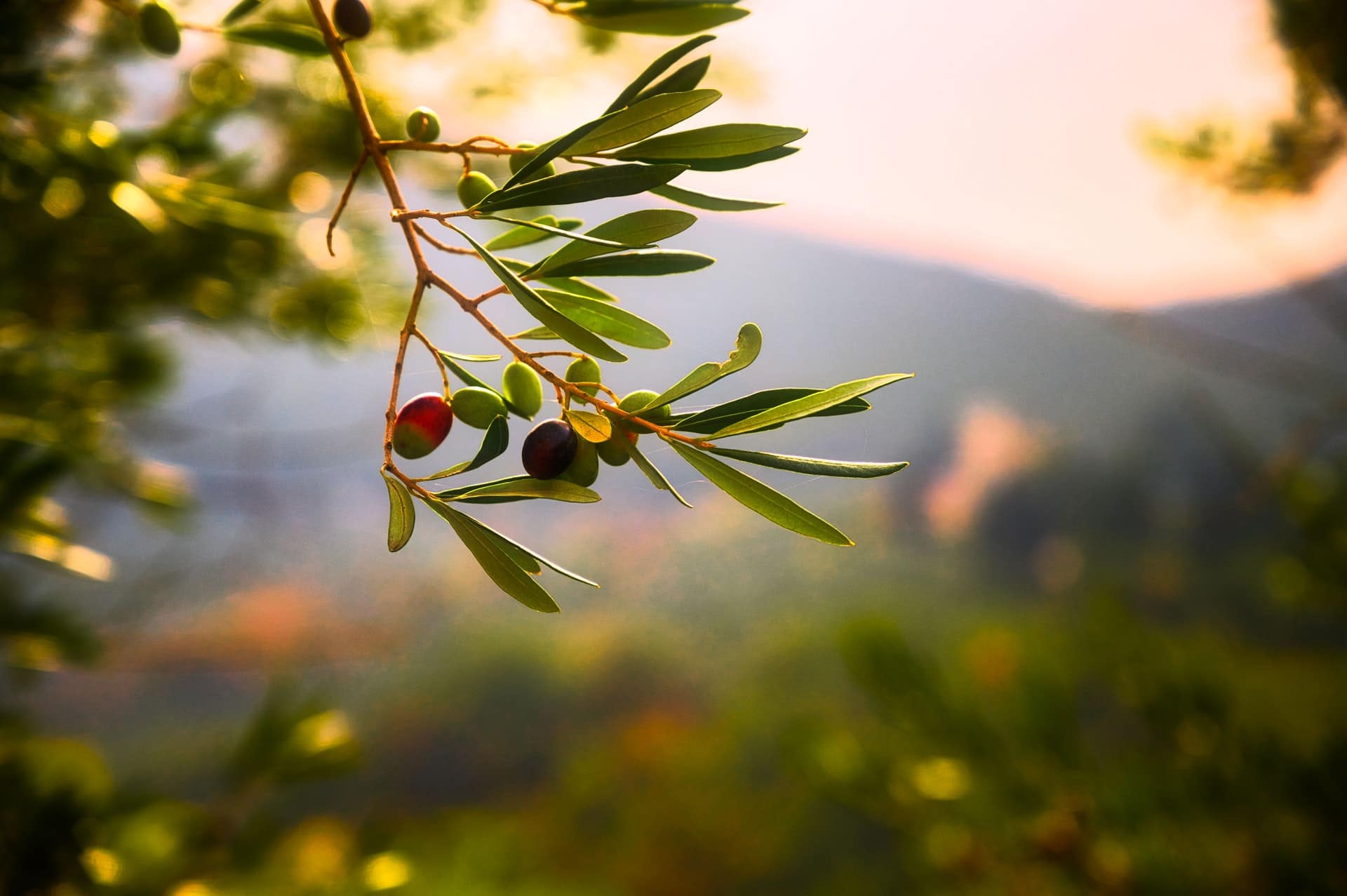
Harvest 2021: New Offerings on the Horizon
We’re looking ahead at exciting new offerings this year after the upcoming harvest!
We’re planning to identify, small-batch, and pre-sell our freshest press of olive oil as its own offering separate from a sediment-free, rested olive oil. Why would we do this? To give consumers yet another choice – having super fresh, new product right away, but to also offer an unfiltered extra virgin olive oil that was given time to settle and gravity to do its work in taking out the sediment. This rested oil would arrive in the USA in late spring of the following year.
Finally, our producer, Fratelli Pugliano, will also be harvesting a batch of extra virgin olive oil earlier than we traditionally do it in order to offer consumers a flavor profile that is more spicy, pungent, and strong. Various pallets enjoy a bitey olive oil flavor profile more than a buttery, smooth one, and we aspire to diversify our offerings to meet demand while also preserving the integrity of our processes, our people, and above all, our product.
There’s good things to come. Stay tuned.


